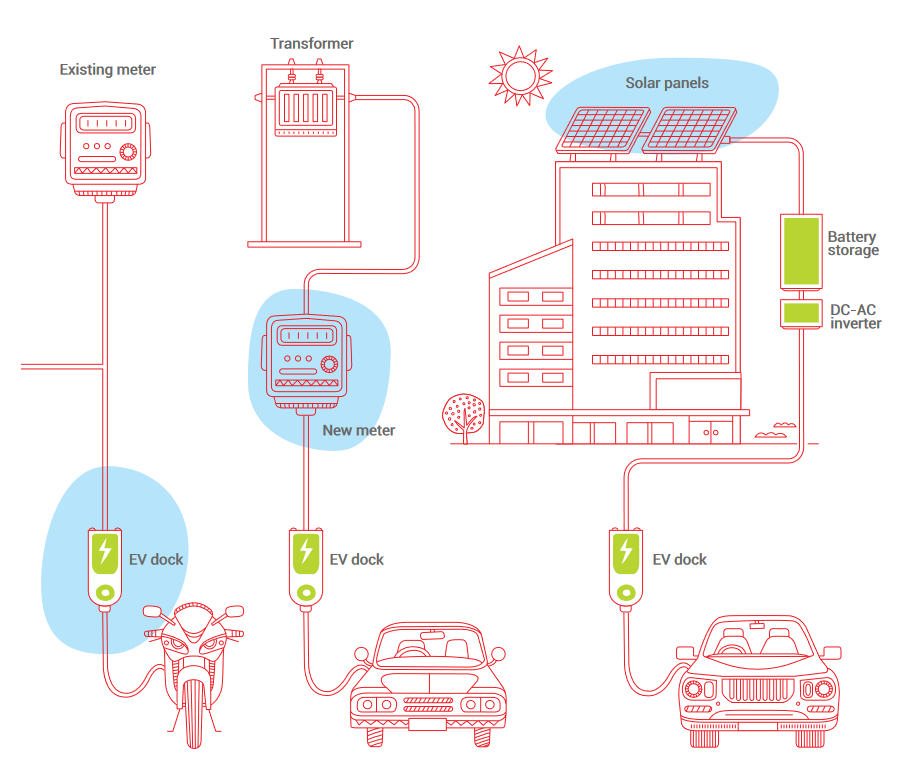Menu
Menu

Updated on Jul 23, 2023 | 6 min read
The landscape of EV charging technology has undergone remarkable transformations in recent years. As electric vehicles seamlessly integrate into the transportation framework, a trend toward standardizing chargers and introducing novel industry protocols to enhance interoperability has emerged. In this dynamic context, staying abreast of the latest advancements and ensuring technological adherence to contemporary regulations and standards has become an intricate task.
For charge point operators and e-mobility service providers, the global expansion presents notable challenges, particularly in navigating diverse protocols, regulatory frameworks, varying currencies, and the seamless integration of roaming functionalities across their networks.

IEC 62196 – Plugs, sockets outlets, vehicle connectors, and vehicle inlets-Conductive Charging of EVs.
IEC 61851 – Electric vehicle conductive charging system
IEC 61980 – Electric Vehicles wireless power transfer(WPT) systems
IEC 63110 – Protocol for management of EV charging and discharging infrastructures
ISO 15118 – Road Vehicles – vehicle to grid communication interface ISO 15118-1, 15118-2, 15118-3, 15118-4, 15118-5, 15118-8, 15118-9, 15118-20
DIN SPEC 70121 – Digital Communication between a DC EVSE and an EV for control of DC charging in the CCS.
DIN SPEC 70122 – Conformance tests for digital communication between a DC EV charging station and an EV for control of DC charging in the CCS.
GB/T 18487.1 – Electric Vehicle Conductive Charging System
GB/T 20234 – Connection set for conductive charging of electric vehicle
GB/T 27930 – Communication protocols between off-board conductive charger and battery management system for electric vehicle
SAE J1772 – Electric vehicle and plug-in hybrid electric vehicle conductive charge coupler. Level-1, Level-2, Level-3
SAE J2954 – Wireless power transfer for light-duty plug-in-electric vehicles and alignment methodology
CHAdeMO – DC charging protocol
OCPP – Open Charge Point Protocol(OCPP)

Content Writer
© 2024 Massive Mobility Private Limited. All rights Reserved